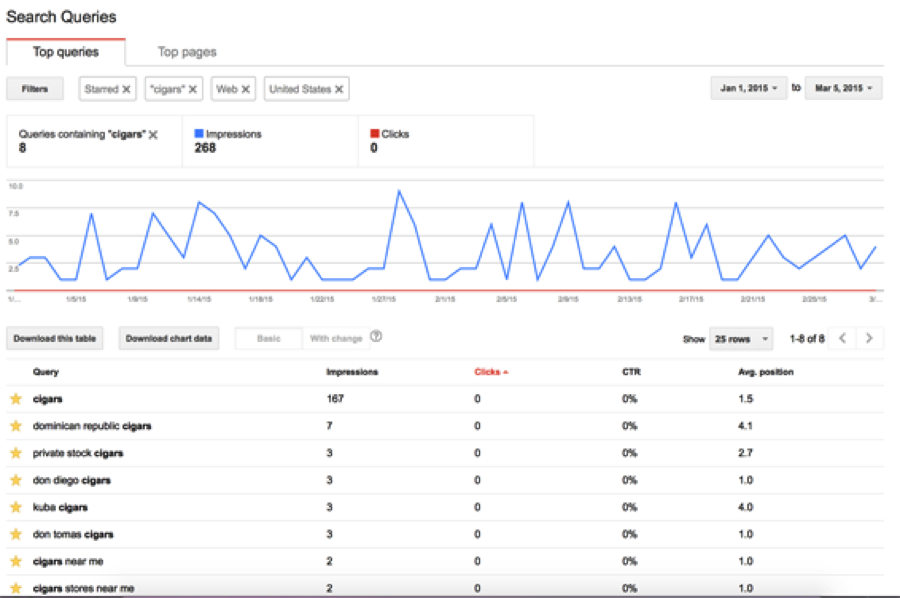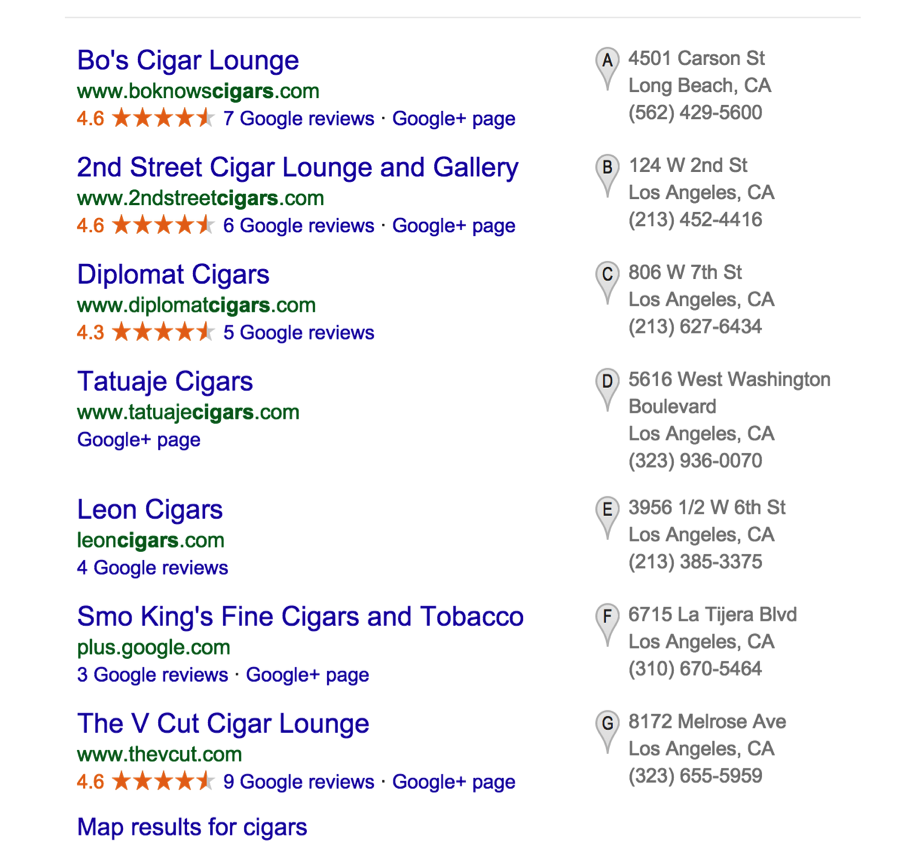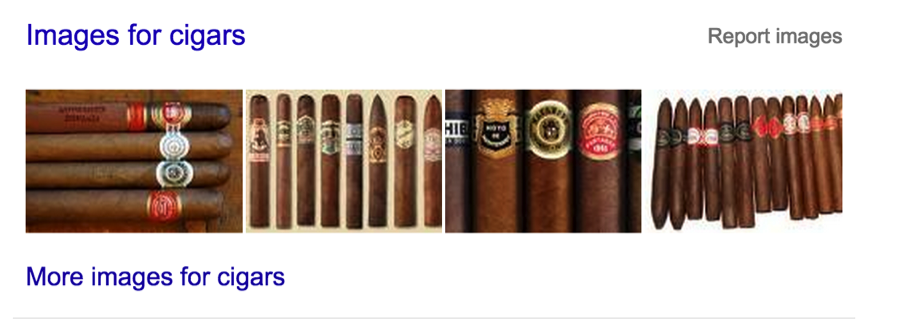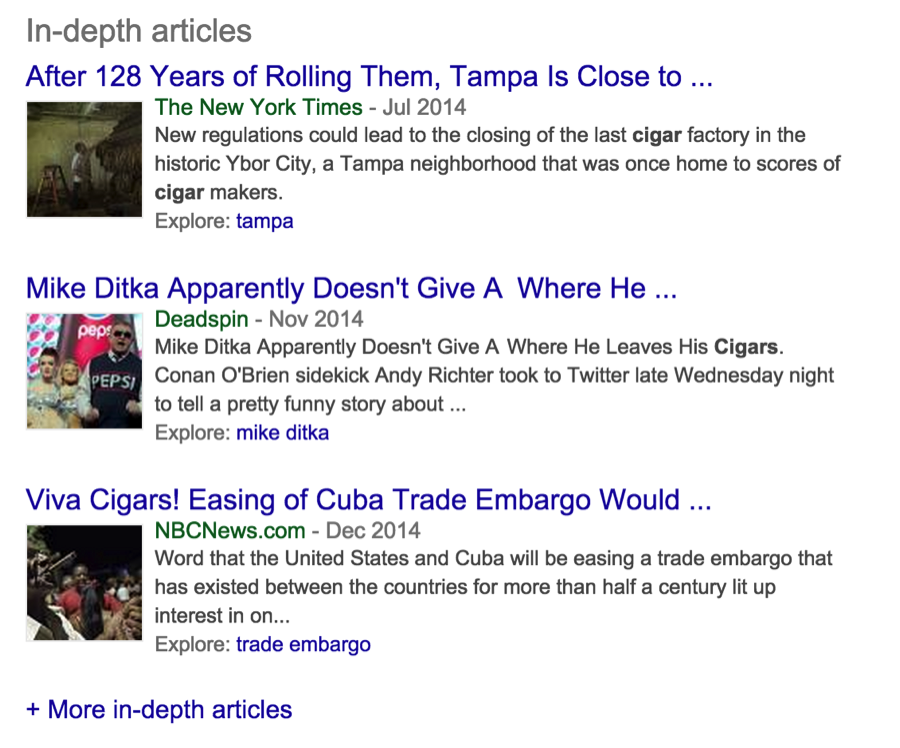Explained: The Basic Metrics of Search Engine Placement
You’ve just sunk a small fortune into your marketing efforts to increase your placement on search engines, yet the results are less than stellar. Worse, different online users in different locations see different results.
What’s going on? Don’t panic! Online search is affected by three key variables. Once you’re familiar with them, you’ll have a greater understanding of how the process works. These variables include:
Replicating Search Queries
Not all queries are created equal. In fact, it’s virtually impossible to replicate another person’s search due to differences in individual computer caches, localized results, personalization, etc. Hence, normalizing search metrics is the best way to determine where you truly rank for the majority of queries.
In an effort to “universalize” a search and filter out geographical and personal variables, Google has a Webmaster Tools feature, which has a handy Search Queries report.
This report shows you the ‘average’ position in which your site is shown for a query. For example, if you are the proprietor of a cigar shop and want to see your Google ranking, you might just type ‘cigars’ into the search bar. Google will show you the impressions received from that query, click-through rate, and average ranking. This report might show that your enterprise is ranging, on average, between positions 1 and 8. Keep in mind this is the AVERAGE position, so you might show up No. 8 for one online user and No. 1 for another. Why? Again, each search is unique.
Broad vs. Specific Search Queries
‘Cigars’ is an extremely broad search query, so when one performs a search for ‘cigars,’ an individual is naturally met with a host of variables that push results around. For example, if a person searches Google from various regions, one notices a constant in the search: what Google calls the “7 pack.”
The “7 pack” is comprised of 7 local results. The “7 pack” consumes the search results because Google WANTS to show local results for this keyword. On the other hand, the search ‘cigars online’ yields different results. Why? Broader searches possess no localization. Other variables also affect the search:
- Images that show up for Cigars, which push the results down.
- A new section of the first page of Google called ‘in the News,’ which shows articles from popular media outlets that speak to cigars.
- A new section of the first page of Google called ‘In depth articles.’ These are articles from popular news outlets that speak to cigars. On average, these searches produce 5 to 6 ACTUAL search results. Not surprisingly, one of them will almost ALWAYS be Yelp, due to localization
Timing
With a new marketing campaign, search information is actually the result of what was completed a few months ago, sometimes BEFORE the campaign was even initiated. The search engine results page (SERP) represents indexed listings, which simply means they are dated. A key factor affecting search results is the rate at which Google’s web crawling program, called a Googlebot, analyzes all of the pages in the SERP.
When it comes to ranking well for certain search queries, authentic results do not happen overnight. It takes time for Google to identify your site as a ‘good’ result for that query. You might feel frustrated that getting your name, product, or service out there to consumers or business peers isn’t happening immediately, but don’t be overly concerned.
It might be tough, but try not to worry about your search engine optimization not delivering what you want—at least initially. Keep investing in your online campaign and the resulting awareness and visibility will yield rich dividends!





